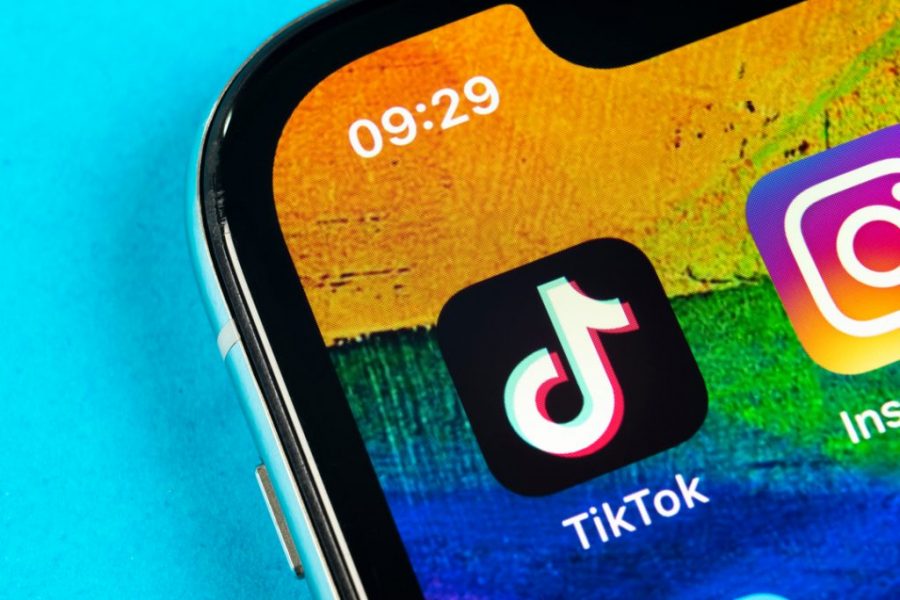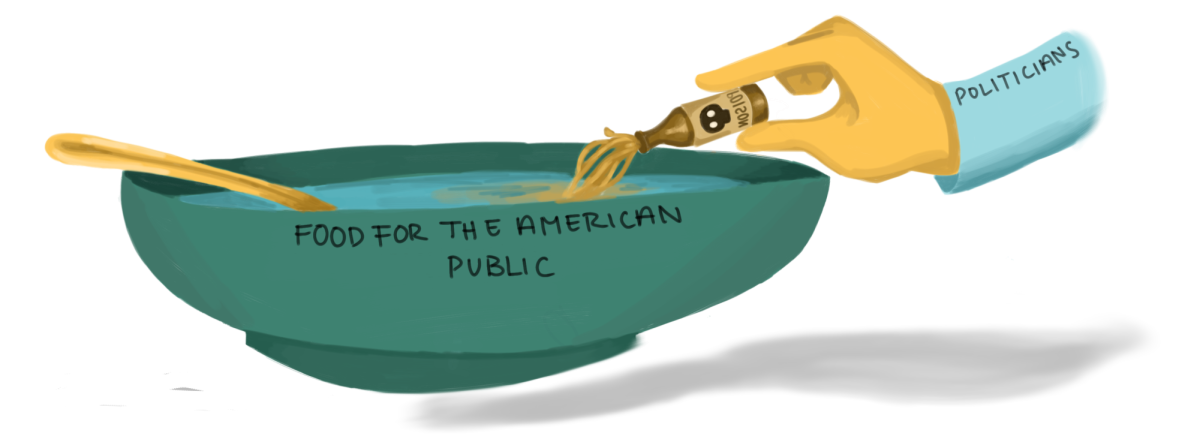It seems like every month a new vlogger appears on YouTube, a new TikTok star signs a huge contract, and a new brand decides to sponsor the most popular Instagram model. These online influencers typically get millions of young, impressionable minds to consume their content. When all these social media companies have dedicated teams consisting of hundreds of people with the responsibility of constantly finding new ways to hook people on the app, we have to consider, is social media actually safe for everyone’s health?
The primary goal of social media companies has never been to produce quality content or to connect individuals from across the world. Although partly true, these companies make most of their money from advertising, and if a large number of people spend a hefty amount of time on the app, the company generates the most profits imaginable. To keep investors satisfied, the social media companies race to find unique methods of hooking people onto their app.
Apps such as TikTok are presumed to be the most dangerous for our brains. When opened, the app plays a strategically selected video that it thinks the user will enjoy. From here, the user can either like and comment on the content or swipe up to play a new video. The app is intentionally designed to not let the user decide what content to watch. Artificial intelligence instead figures out specific interests about the user through data on watch time, likes, and follows.
TikTok is designed to not let the user decide what content they consume. The second the video on the screen doesn’t please the user, a simple swipe will show a new short video. The rapid-paced burst of joy a user faces with the app promotes a short attention span, which after enough time, can negatively affect the user.
Although other apps such as Instagram and YouTube allow users more freedom to pick what content to consume, both of them have incorporated an identical replica of TikTok into their apps: Reels in Instagram and YouTube stories offer the exact same functionality as TikTok. The apps make it super easy for users to spend hours enjoying short videos.
This new formula of social media is generating lower attention spans. Short attention spans are very harmful, as it can cause poor performance at work and school. It can also limit one’s ability to complete longer tasks. Eventually, in severe cases, reliance on social media can turn into addictions and seriously take over one’s life.
Before we become heavily reliant, we need to limit our usage of these new forms of social media. A few effective methods already exist. A screen time feature can be utilized on most phones to allow users to restrict specific app usage to a set amount of time. Also, remember the most efficient way to reduce social media is by deleting the app entirely.








